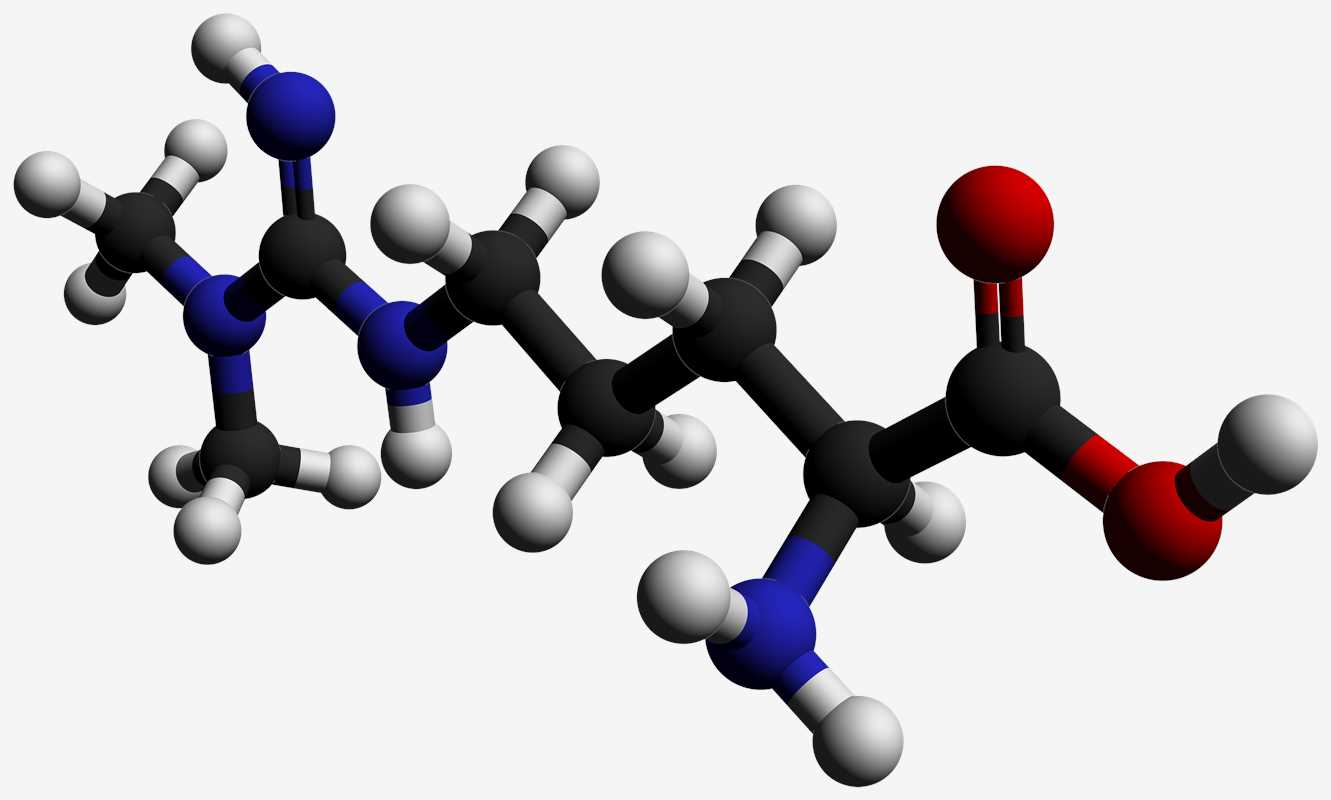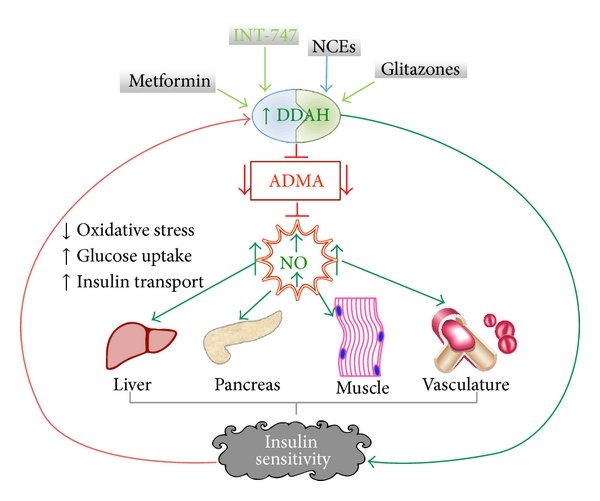Creative Biolabs is a contract research organization specialized in offering customized services for the development of antibodies for use in diagnostics, drug discovery, and basic research. Especially, we provide the expertise and personnel to offer high-quality in vitro diagnostic (IVD) antibody development services targeting a wide range of high-value diagnostic biomarkers to our clients. Here, we introduce our IVD antibody development services for asymmetric dimethylarginine.
Asymmetric Dimethylarginine
Asymmetric dimethylarginine (ADMA) is a naturally occurring compound existed in blood plasma. ADMA is a metabolic byproduct of incessant protein modification processes in the cytoplasm of all human cells. It is derived from methylation of arginine residues through protein arginine methyltransferases (PRMTs) and subsequent proteolysis. And the elimination of ADMA is accomplished primarily by degradation with dimethylarginine dimethylaminohydrolase (DDAH). ADMA is closely associated with L-arginine, a conditionally essential amino acid. It can interfere with L-arginine in the production of nitric oxide (NO), an essential chemical that contributes to normal endothelial function, and thus ADMA has been identified as an endogenous inhibitor of nitric oxide (NO) production. Plasma ADMA levels are increased in several human diseases including coronary artery diseases, hypertension, preeclampsia, hyperhomocysteinemia, peripheral arterial occlusive disease, diabetes, and chronic kidney diseases.
 Fig.1 ADMA structure.Distributed under CC0 1.0, from Wiki,
without modification.
Fig.1 ADMA structure.Distributed under CC0 1.0, from Wiki,
without modification.
The Role of ADMA in Kidney Disease
Since it was first isolated and purified from human urines as an endogenous NOS inhibitor, the accumulation of ADMA in chronic kidney diseases (CKDs) have been emphasized in numerous studies. The kidney plays an essential role in ADMA metabolism, and probably 20% of ADMA is excreted in urine. The major part of ADMA is eliminated via enzymatic catabolism due to dimethylarginine dimethylaminohydrolase-1 (DDAH-1) and DDAH-2, both of which are expressed in the renal tissue. Accordingly, increased ADMA level in circulation is a comprehensive result of damaged kidney function and decreased the activity of ADMA catabolism by DDAH. Nowadays, ADMA is regarded as a uraemic toxin that plays a role in the development of cardiovascular diseases in CKD patients. Plasma ADMA levels elevate early during CKD. Patients who suffer polycystic kidney disease but with normal renal function already have reduced NO synthase activity and endothelial dysfunction. Simultaneously, plasma ADMA concentration is elevated in related to oxidative stress. According to its effects and early rise during CKD, ADMA is supposed to be a factor of CKD progression.
 Fig.2 The ADMA-DDAH-NOS pathway.1
Fig.2 The ADMA-DDAH-NOS pathway.1
IVD Antibody Development Services for ADMA Marker
IVD antibodies are essential elements of commercial antibody-based in vitro diagnostic kits. Creative Biolabs has built an IVD platform for not only the development of high-quality antibodies for diagnostic use but also antibody & antigen conjugation and IVD kit development. Thus, we can help develop polyclonal, monoclonal, and recombinant antibodies against the ADMA marker to aid in the development of IVD kits based on different immunoassay formats, such as latex-enhanced immunoturbidimetry, lateral flow immunochromatographic assays, and ELISA. If you are interested in our services, contact us for more information.
Reference
- Lai, Li, and Yohannes T. Ghebremariam. "Modulating DDAH/NOS pathway to discover vasoprotective insulin sensitizers." Journal of diabetes research 2016 (2016). Distributed under Open Access license CC BY 4.0, without modifications.
For Research Use Only.